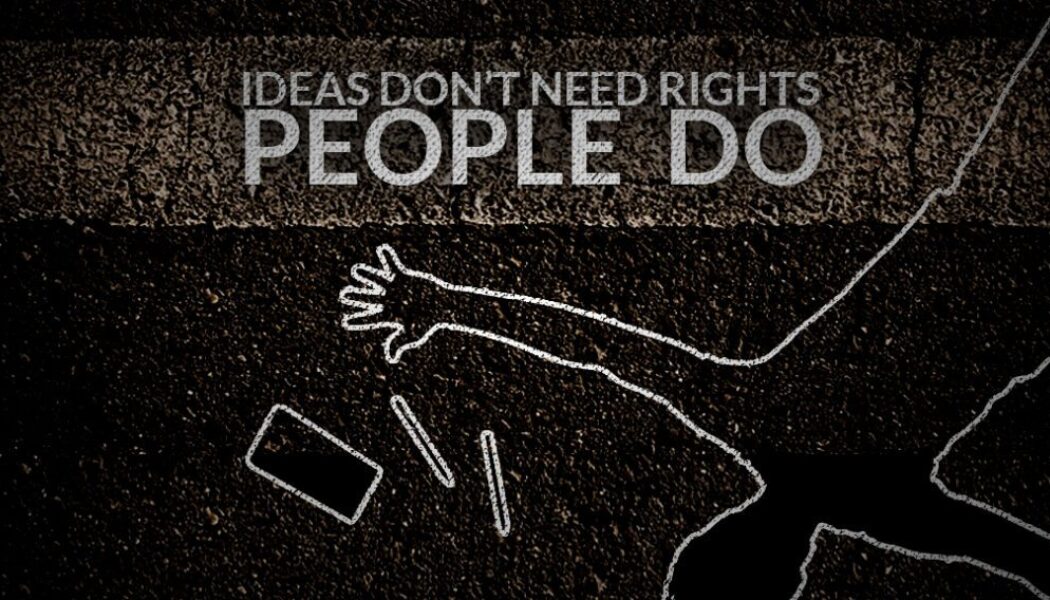Accusations of blasphemy and brutality by religious zealots are a historical phenomenon. Religious fundamentalism always has a tendency of opposing different worldviews and responding with cruelty.
History has marked many such events, one of the most notorious in Christian history was the killing of the philosopher and scientist Hypatia by an inflamed mob in 415. In a similar fashion, 2400 years ago Socrates preferred drinking hemlock rather than give up his pursuit of knowledge.
Today’s usage of blasphemy, however, connects us more directly to the Islamic world. It is common knowledge that Islam imposes restrictions on pursuing a rational debate that challenges or fact-checks the philosophies that are claimed to be divinely true. This oppressive nature was adopted by the Islamic empire from the very early days of its establishment to silence the dissenting voices who dared to debate the authority of Muslim claims. Asma Bint Marwan, a renowned poet of the seventh century, became the first victim of blasphemy under Islam, just after the battle of Badr. Challenging the legitimacy of the Islamic way of life in Medina was her crime. She was killed while asleep next to her infant child.
This legacy continues to be defended by the Islamic establishment to this day, most often demonstrated by the acts of radical Muslims attacking individuals for criticizing Islam, a Muslim mob calling for the death penalty of a cartoonist, or a fatwa against an author by an Islamic republic. What you read in the mainstream media, however, are merely a few dots of a bigger picture. The regime of blasphemy is far greater. Most cases of blasphemy escape the media radar.
AAI supporting victims of blasphemy
Atheist Alliance International hears from these victims of oppressive Islam on a regular basis. Many of the victims are, regrettably, from Muslim majority countries that have adopted democracy and a secular constitution—countries such as Nigeria, Bangladesh, Turkey, Malaysia, and Indonesia.
Nigeria
Section 10 of the Nigerian Constitution stipulates that the Government of the Federation or of a State shall not adopt any religion as a State Religion. In addition, Section 39 (1) provides that every person shall be entitled to freedom of expression, including the freedom to hold opinions and to receive and impart ideas and information without interference.
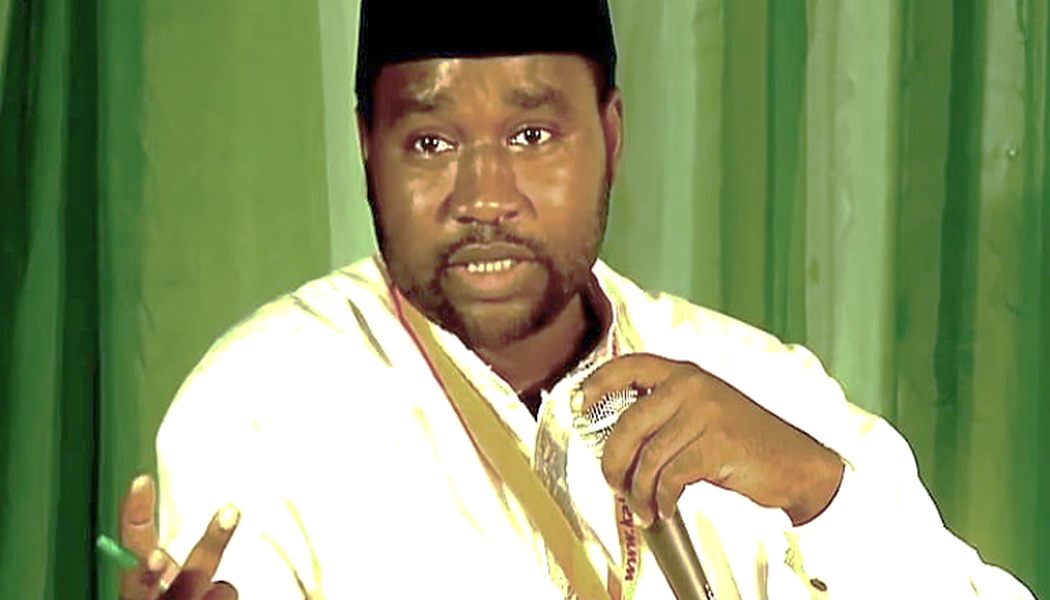
Despite this assurance, Mubarak Bala, the President of the Humanist Association of Nigeria was arrested on April 28, 2020, for making a Facebook post that was critical of Prophet Muhammed. Because of the pressure from Islamic zealots, he was denied basic human rights such as the right to counsel, and fair treatment in accordance with the principles of rule of law.
After more than 17 months in detention, Bala has not been brought before a court and his lawyers were not informed of the charges against him for more than 14 months. The constitution of Nigeria, however, dictates, detained suspects must be charged and brought before a court within 7 days. In December 2020, the Abuja High court ordered the authorities to free Bala “immediately and unconditionally”. The court order was disobeyed. Bala is still unlawfully being held in prison.
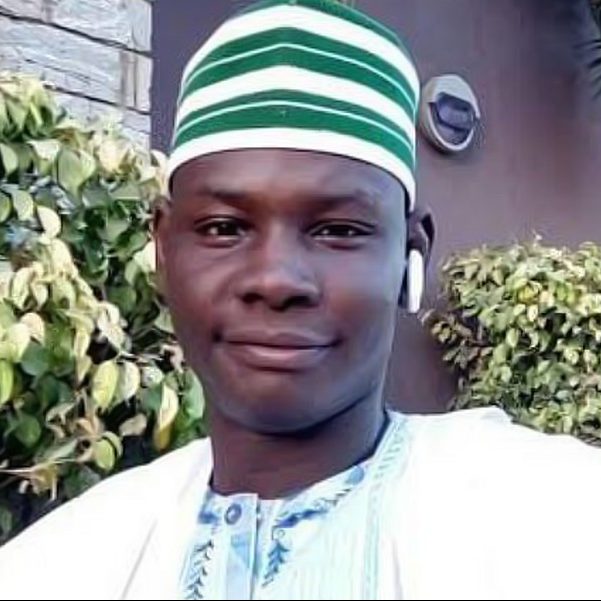
Yahaya Sharif-Aminu, a 22-year-old singer, recorded a song and circulated it on WhatsApp. The song was deemed derogatory towards the prophet Muhammad by a Muslim mob. His home was attacked. Instead of protection, police arrested him on blasphemy charges and later a court sentenced him to death by hanging. Atheist Alliance International has secured a team of very experienced lawyers in Nigeria and lodged an appeal on behalf of Mr. Sharif-Aminu. His conviction and death sentence were quashed but the State seek to re-try him in a Shariah court. This legal battle is currently ongoing.
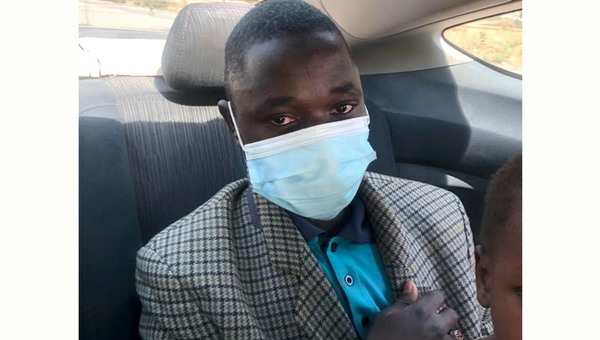
Compared to Mubarak and Sharif-Aminu, Omar Farouq was lucky. He had a narrow escape from 10 years in prison. He was 15 when he was charged with blasphemy and sentenced by a court. Atheist Alliance International, along with its partners in the region, appealed the case and the initial verdict was annulled.
Bangladesh
Bangladesh has also adopted a secular constitution that guarantees free speech and religious freedom, but, in practice, the threat of violence from the Islamic lobby sees a continuation of the oppression of secular bloggers in the name of defending religious feelings.
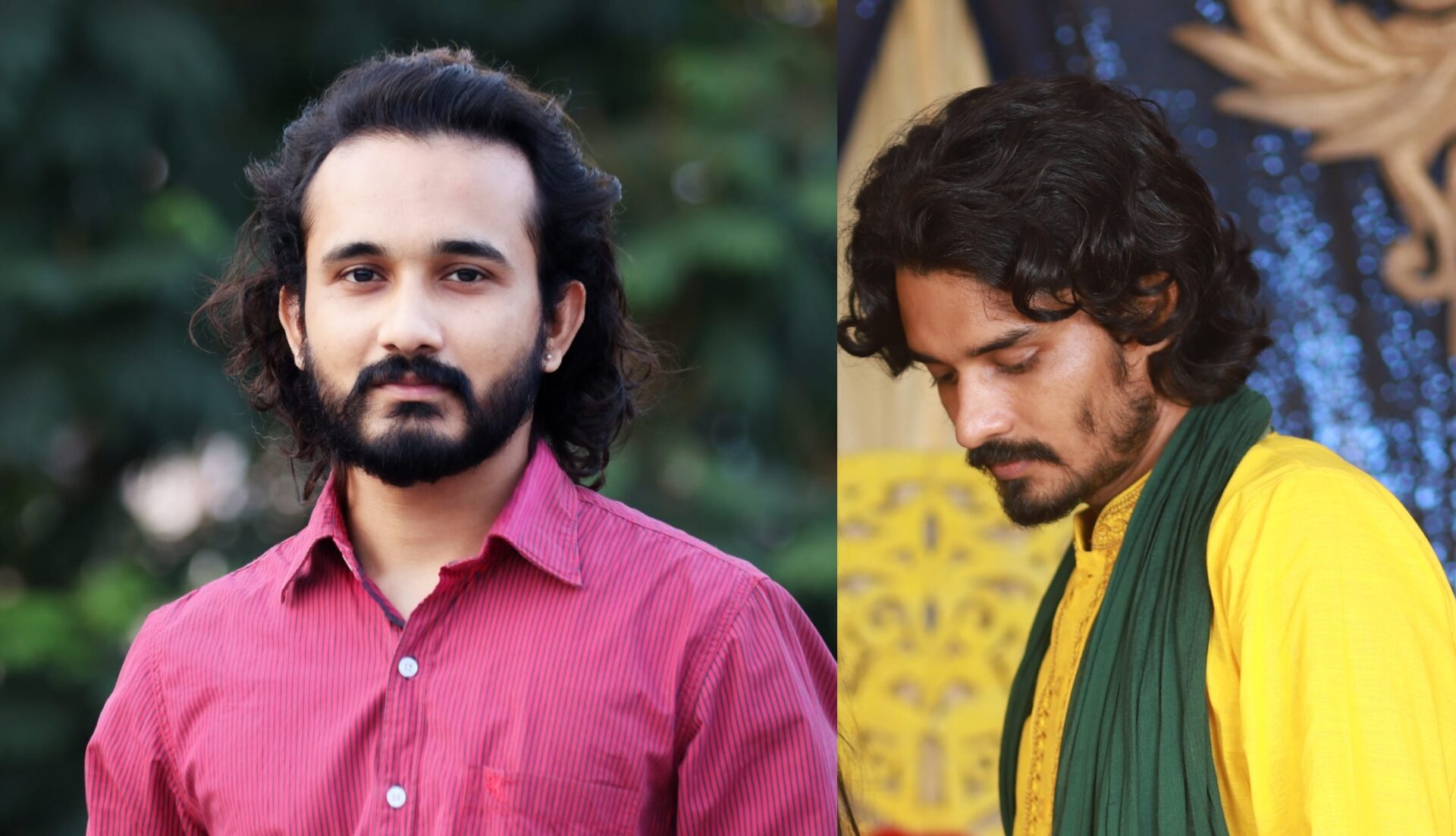
Asad Noor and Limon Fakir are close friends. As young Bangladeshis, they were appalled by the gross inequalities that prevail in Bangladeshi society in the name of Islam. They started blogging and making videos that exposed those injustices. In 2017 Islamic Andolon, Bangladesh (Islamic Movement of Bangladesh), a religious fundamentalist group, staged large-scale processions demanding the arrest and death sentence for the pair. Threatened by the extremists, they went to the police for safety. Instead, the local government officials and the Islamic Movement of Bangladesh collaborated in filing a case against them, they were arrested and a Bangladeshi court granted a 7-day remand to the police. They were brutally tortured, including beatings, waterboarding, nudity, and electric shock. After nearly two years of imprisonment, the trial has now commenced. They can be sentenced to 5-10 years of imprisonment just for writing about injustices against women and children.

Joy is a blogger. He comes from a lower caste of the Hindu religion. Growing up, he faced all types of discrimination: from the Hindus, for being low-born; from extremist Muslims, for being a Hindu. This experience made him write about the discrimination he and the likes of him face by religious zealots. As a consequence, both Hindus and Muslims collaborated and filed a case against him under Bangladesh’s de facto blasphemy law: the Digital Security Act 2018. He was in prison for 20 months without a trial. Like Limon and Asad, his trial has also commenced and he is at risk of 5-10 years imprisonment.
Turkey
Turkey is a Western ally, a NATO member, and nominally, a secular democracy. The Turkish Constitution’s Article 26 defines freedom of expression in the country broadly: ‘Everyone has the right to express and disseminate his/her thoughts and opinions by speech, in writing or in pictures or through other media, individually or collectively.’

Nurullah (left) is a Turkish national who is also an activist in the atheist community. He was born into the Muslim religion and had studied theology. His studies made him question his religious beliefs and he no longer followed the Muslim faith, abandoning all religious practices. Later, he became an activist, raised his voice against Muslim doctrines and as a supporter of secularism. He openly declared that he was an atheist.
He is an active member of Ateizm Derneği, and was facing several lawsuits because of his criticism of Sunni Islamic doctrines and Prime Minister Erdogan. These laws have become toys of the government to punish minorities or those who hold opposing opinions and views in Turkey. To escape injustice, Nurullah had to flee Turkey. With Atheist Alliance International’s assistance, he is currently seeking asylum in Germany.
Courage in the face of danger
Being an AAI director and an Atheist Support Network volunteer, I have the privilege of getting to know some of these individuals. I am amazed by their kind and gentle character, philosophical humility, and courage in the face of such great danger, and their determination to continue with activism in such circumstances for us which sparks my admiration.
None of them has done anything wrong but writing peacefully about the callous injustices and gross inequalities that prevail in their societies towards the underprivileged, political activists, women, and children in the name of Islam. They have written about secularism, Islamic extremism, and with grave concern about political Islamism in the interest of the nation and people they love. And, for that, they were victimized. No reasonable person can accept these grave injustices.
In fact, the challenges the Muslim world is facing today—discrimination, inequality, injustice—are connected to one singular flashpoint: the erosion of free speech under the veil of blasphemy laws. Yet, all of these individuals come from moderate Islamic countries with democratic systems. The plight of freethinkers in conservative countries, such as Saudi Arabia and Iran, is even worse, a situation amply demonstrated in the case of Raif Badawi and the 2015 law falsely equating atheism with terrorism.
Atheist Support Network is a volunteer-based program dedicated to support atheists at risk. If you want to support us in helping these people, you can do so by donating to our Atheist Support Network fundraiser.


